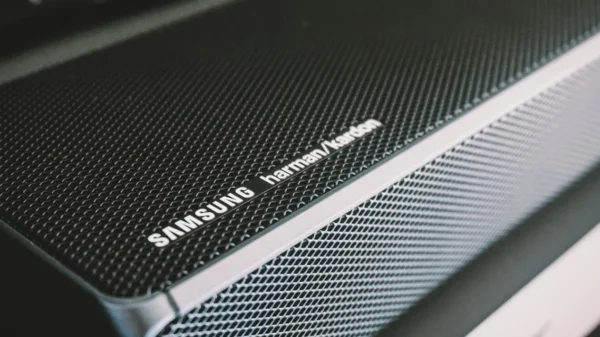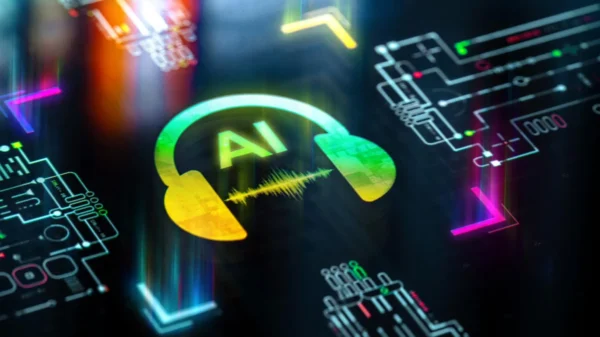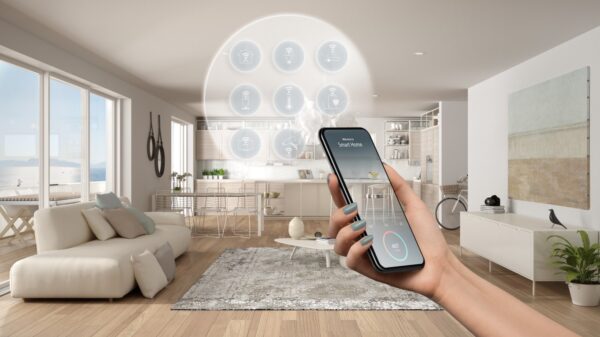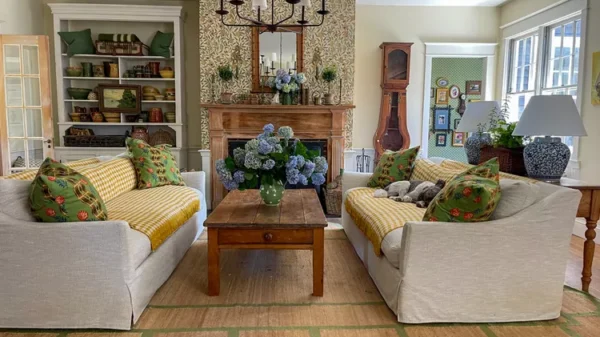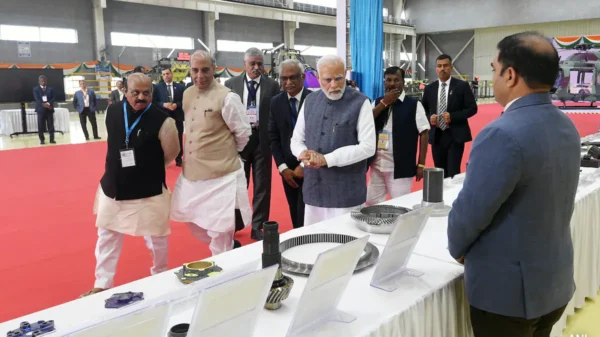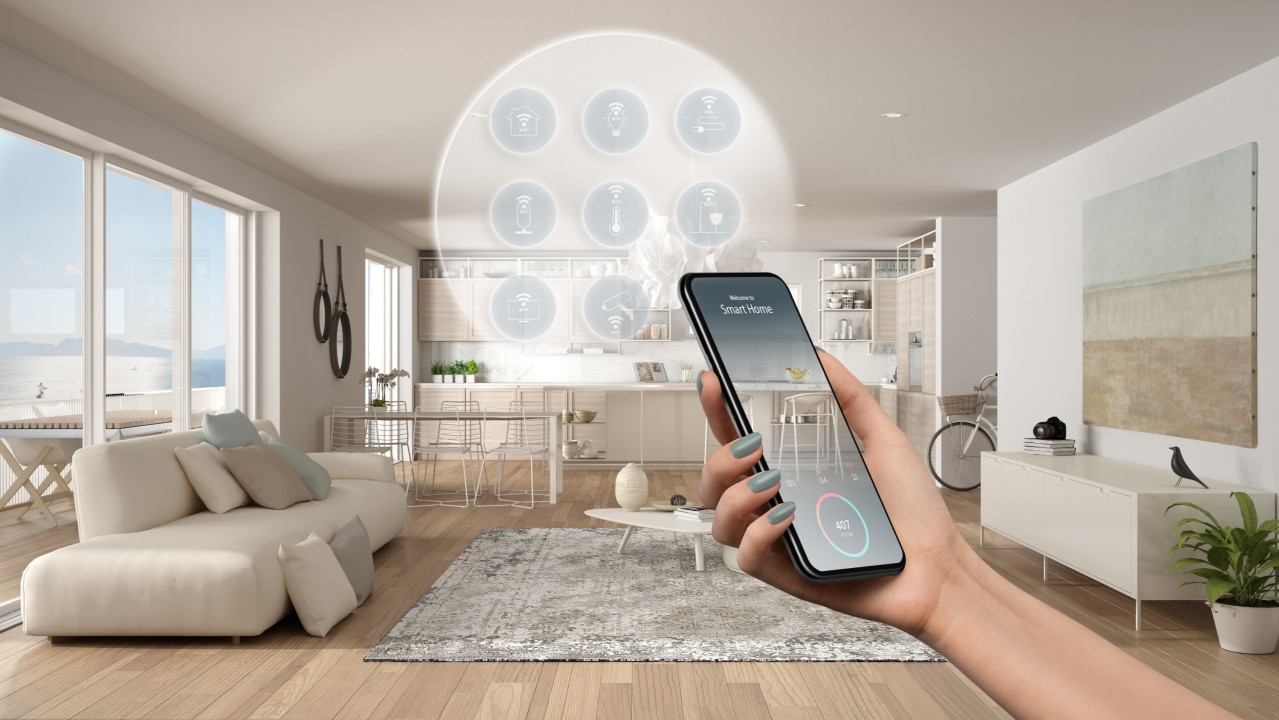Integration of Smart Home Technologies: Shaping the Future of Residential Living
In 2025, the integration of smart home technologies has evolved from a luxury feature into a standard component of modern residential development. As consumer demand for connectivity, convenience, and energy efficiency grows, entrepreneurs in the real estate industry are embedding smart systems into properties to enhance their appeal and functionality. These innovations are transforming how people interact with their homes, offering seamless control over security, comfort, and efficiency.
The Rise of Smart Home Expectations
With the rapid adoption of digital lifestyles, homebuyers and renters increasingly expect smart features in the properties they consider. Whether it’s adjusting the thermostat remotely, monitoring deliveries via security cameras, or automating lights based on presence, today’s consumers value control and customization. Entrepreneurs are responding by integrating intelligent systems that cater to this demand.
Automated Lighting and Climate Control
One of the most popular smart home integrations is automated lighting and HVAC systems. Smart thermostats, such as those from Nest or Ecobee, learn user habits to optimize temperature settings, saving energy and improving comfort. Similarly, automated lighting systems can be programmed to turn on or off based on occupancy or daylight, providing convenience and energy efficiency.
Advanced Security Systems Enhance Peace of Mind
Smart security features are becoming a top priority for homeowners and renters. Entrepreneurs are equipping properties with video doorbells, motion sensors, remote locks, and 24/7 surveillance systems. These tools not only deter crime but also allow residents to monitor their homes in real-time, regardless of location, offering a strong selling point for safety-conscious buyers.
Voice and App Integration for Centralized Control
The integration of smart assistants like Amazon Alexa, Google Assistant, and Apple HomeKit allows users to control various home functions through voice commands or mobile apps. Entrepreneurs are now designing homes with centralized smart hubs, enabling residents to manage lighting, entertainment, appliances, and more from a single interface.
Smart Appliances Transform Everyday Tasks
Kitchens and laundry rooms are seeing upgrades with the inclusion of smart refrigerators, ovens, dishwashers, and washers/dryers. These appliances can notify users of maintenance needs, suggest recipes based on inventory, or operate during off-peak energy hours. These time-saving and efficiency-boosting features are attractive to busy, tech-savvy residents.
Energy Efficiency and Sustainability
Smart home technologies contribute significantly to energy conservation and sustainable living. From smart meters to solar integration and water-saving systems, connected devices help monitor and reduce consumption. Entrepreneurs are leveraging these features to align properties with eco-conscious values, appealing to environmentally aware buyers.
Increased Property Value and Marketability
Properties equipped with smart technology often command higher market values and faster sales cycles. Smart homes appeal to a broad range of demographics, from millennials looking for tech integration to baby boomers seeking accessible, automated solutions. Developers incorporating these features enjoy stronger positioning in competitive markets.
Data-Driven Insights for Maintenance and Upgrades
Many smart home systems offer analytics that inform preventive maintenance and upgrades. Homeowners can receive alerts about malfunctioning systems or filter replacements before issues arise. For property managers and entrepreneurs, this means reduced downtime, lower repair costs, and longer equipment life spans.
Customization and Lifestyle Personalization
Smart home systems allow for deep personalization, adjusting lighting ambiance, climate, and music to match a resident’s preferences or mood. Entrepreneurs are marketing these lifestyle features to younger buyers who prioritize user experience and digital integration in their daily routines.
Remote Accessibility and Mobile Living
The ability to remotely access and control home systems has become especially relevant for frequent travelers, remote workers, and digital nomads. Whether it’s checking on a pet, adjusting climate settings, or accepting deliveries, smart homes support the mobile lifestyle of modern consumers.
Rental and Multifamily Smart Property Integration
Smart technologies are also being implemented in multifamily and rental properties, improving the tenant experience while providing landlords with tools for energy management, security monitoring, and maintenance coordination. This enhances operational efficiency and appeals to tech-focused renters seeking modern amenities.
Challenges of Integration and Adoption
Despite their popularity, smart home technologies come with implementation and privacy challenges. Entrepreneurs must address concerns about data security, device compatibility, and user education. Ensuring smooth integration and offering technical support are key to long-term satisfaction.
The Role of PropTech in Smart Home Development
PropTech companies are playing a pivotal role in helping real estate entrepreneurs manage smart home implementation. These platforms provide device integration, user analytics, and scalable solutions, making it easier to deploy and manage smart systems across large developments or portfolios.
Conclusion: A Connected Future for Housing
The integration of smart home technologies is no longer a futuristic concept—it is a defining feature of modern living. Entrepreneurs embracing this trend are not only meeting market expectations but are also future-proofing their developments. As technology continues to evolve, smart homes will remain at the forefront of innovation in residential real estate, offering comfort, security, and sustainability in one connected package.
Viola Rowland, an accomplished author at Bee Bumble Entertainment Magazine, blends her love for entertainment with her gift for storytelling. With a knack for capturing the essence of pop culture phenomena, Viola's engaging articles provide readers with fresh insights into the world of entertainment, making her a standout contributor to the magazine.






